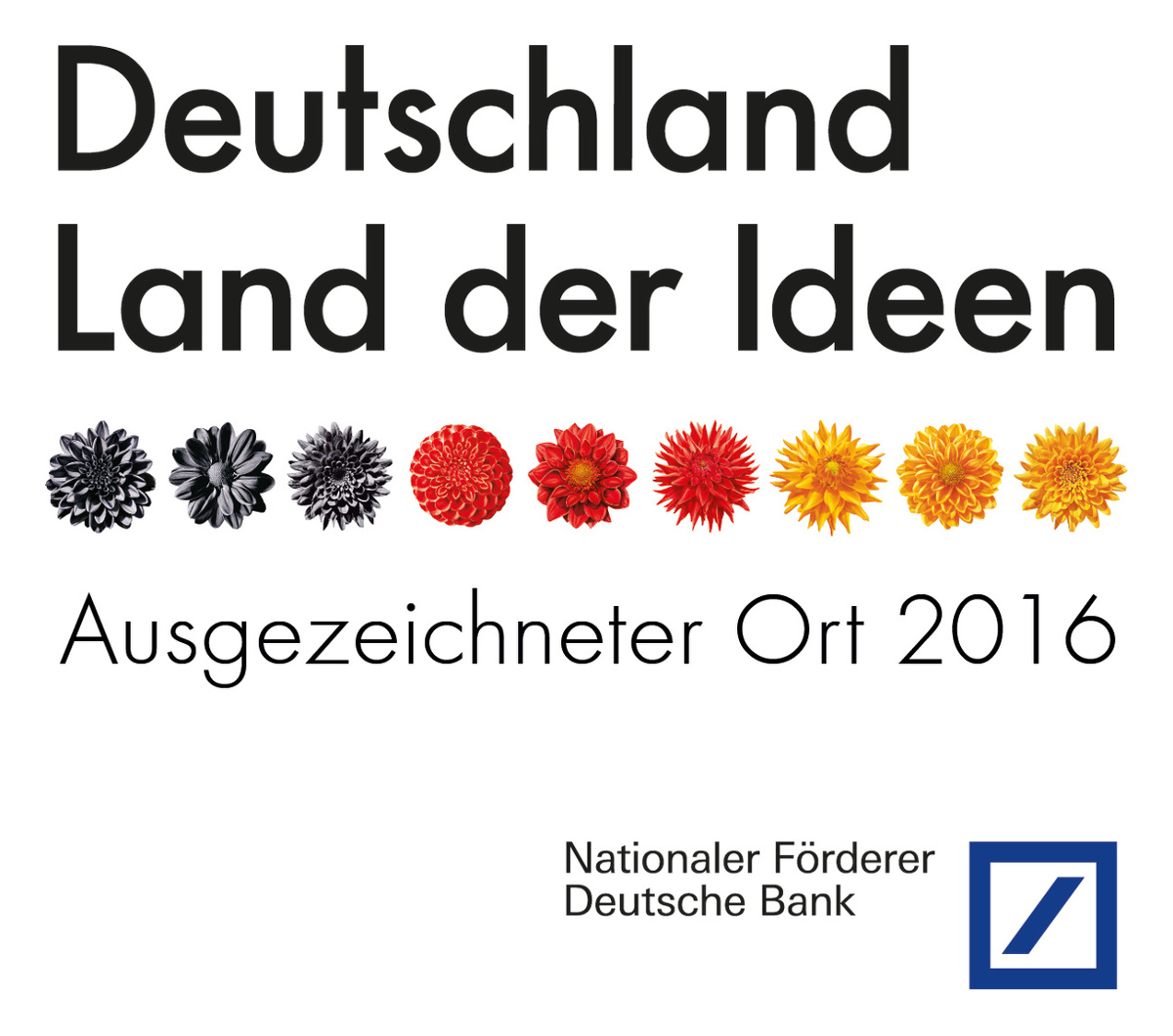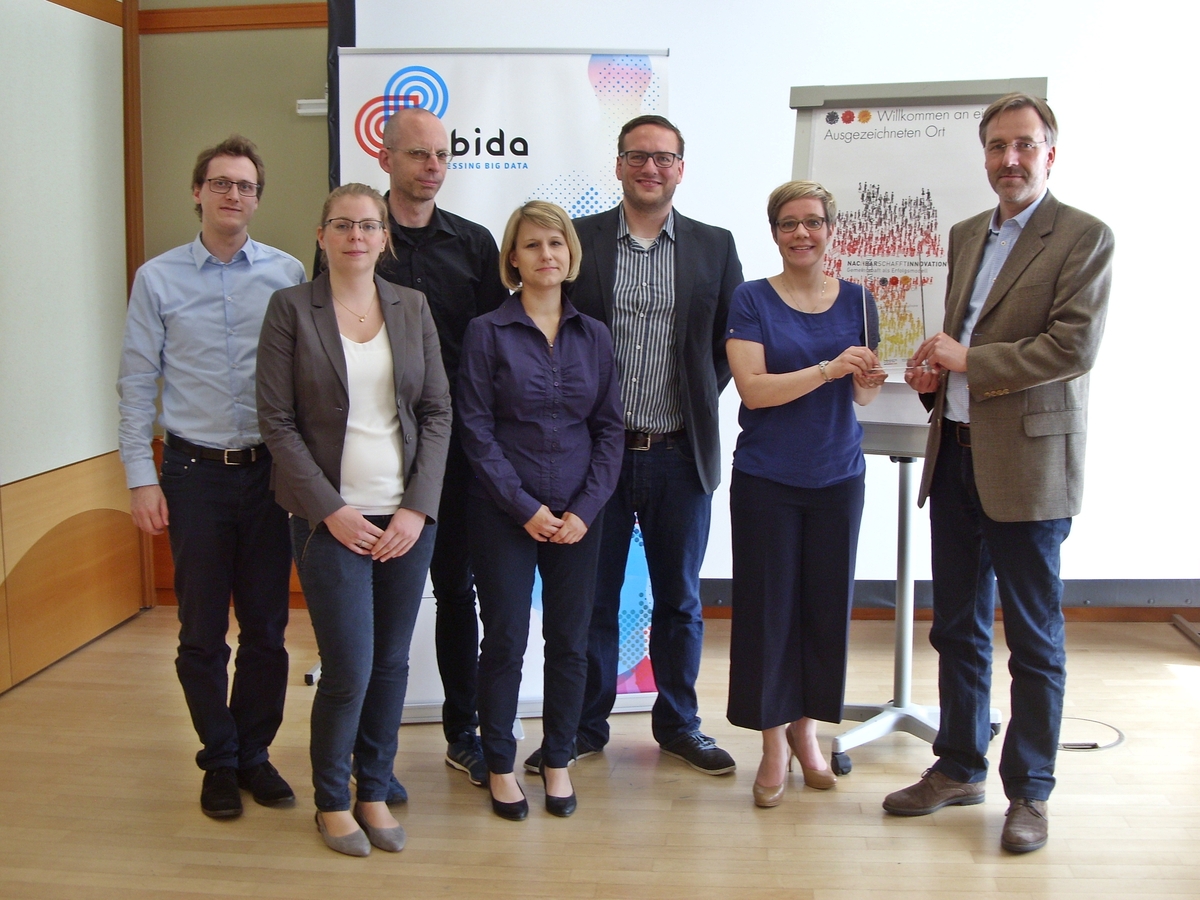Land of Ideas: Big Data research receives award
The global data volume is growing and analysed by increasingly complex algorithms. What does this mean for each and every one of us? Researchers try to answer this question in the ABIDA – Assessing Big Data project which is co-ordinated by ITAS and the Institute for Information, Telecommunication, and Media Law at the University of Münster.
One characteristic of ABIDA is the exchange of knowledge between the specialist disciplines. Scientists from the fields of ethics, sociology, economics, law, and political sciences bring in their own disciplines’ findings on Big Data to evaluate the new technology together.
They also focus on the assessment of future developments and the preparation of options for action. ITAS contributes its long-term experience with technology assessment tools here. The concepts of monitoring, in-depth studies, expert workshops, and focus groups are applied, but also citizens are strongly involved. What do they know and think about Big Data and what are the concerns and possibilities they associate with the technology? Three citizen conferences and one public survey make them an active part of this project.
The project was now awarded a prize for this approach in the science category of the nationwide innovation contest "Landmarks in the Land of Ideas", in 2016 under the theme: "CommUnityInnovation – Acting in concert". "ABIDA highlights the opportunities and risks of Big Data from different perspectives. At the same time, ABIDA shows how citizens can be involved in scientific processes – and why this makes sense", explains the jury. (13.07.2016)
Further links:
- ABIDA – Assessing Big Data project description at ITAS
- ABIDA – Assessing Big Data project website
- Short portrait at the Land of Ideas web page



